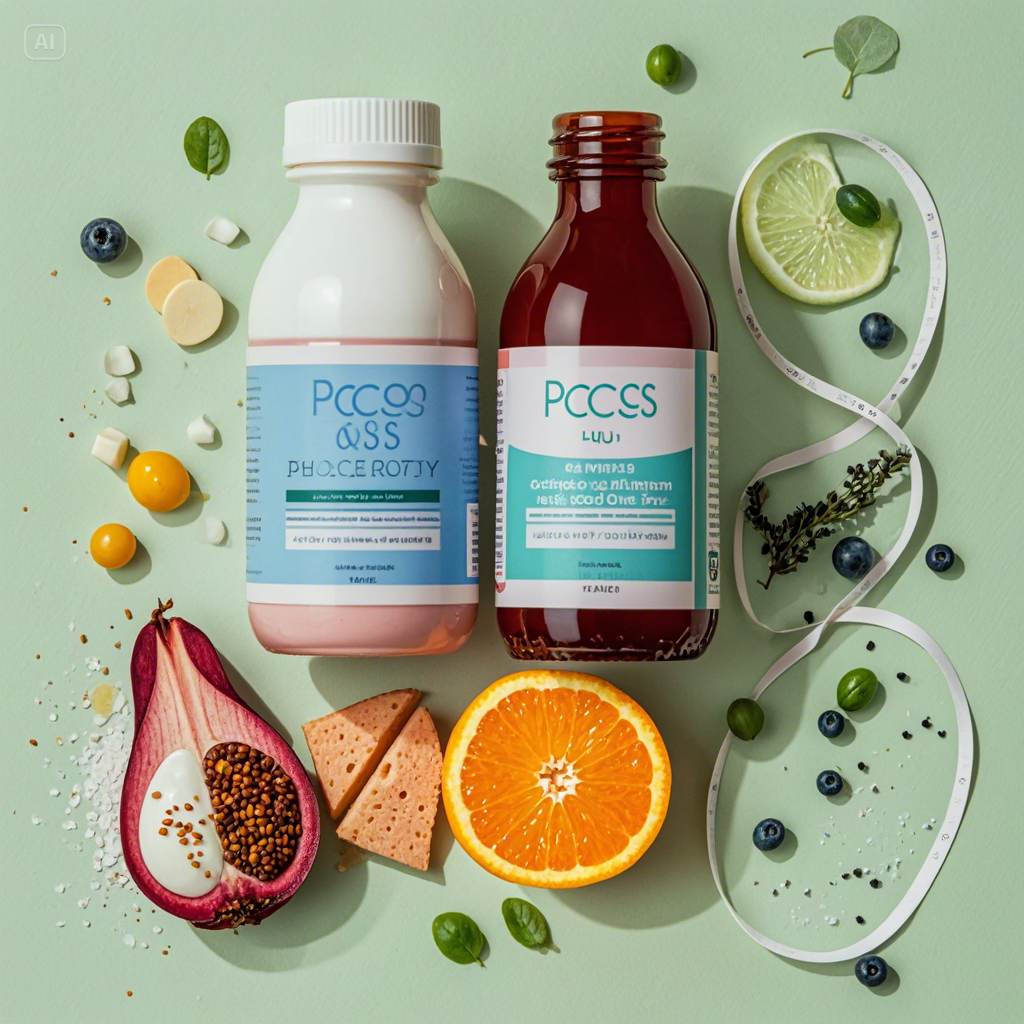
The Best Diet for PCOS: Keto, Mediterranean, or Low-Carb?
Understanding PCOS and Diet’s Role in Hormone Balance
Polycystic Ovary Syndrome (PCOS) is a complex hormonal disorder affecting millions of women. It can lead to irregular periods, insulin resistance, inflammation, and fertility struggles. Diet plays a crucial role in managing PCOS symptoms, but with so many options—Keto, Mediterranean, and Low-Carb—it’s tough to know which one is best. Let’s break them down.
Keto Diet for PCOS: A Low-Carb Powerhouse?
Pros:
Helps with insulin resistance: The high-fat, ultra-low-carb nature of keto helps stabilize blood sugar levels, reducing insulin spikes that worsen PCOS.
Supports weight loss: Many women with PCOS struggle with weight gain. Keto’s appetite-suppressing effect can help shed excess pounds.
Reduces inflammation: Cutting out sugar and processed carbs may lower systemic inflammation, a key driver of PCOS symptoms.
Cons:
Difficult to sustain: The restrictive nature can make long-term adherence challenging.
May affect hormone balance: Long-term carb restriction can sometimes disrupt menstrual cycles and lower leptin, a hormone vital for fertility.
Lack of fiber: PCOS-friendly gut health thrives on fiber-rich foods, which are limited in strict keto.
Success Story:
Anna, a 32-year-old with PCOS, found initial success with keto, losing 20 pounds in three months. However, she struggled with fatigue and cycle irregularities, leading her to modify her diet with more plant-based fats and moderate carbs.
Mediterranean Diet for PCOS: A Balanced Approach
Pros:
Anti-inflammatory powerhouse: Rich in omega-3s, antioxidants, and fiber, this diet helps reduce inflammation—key for PCOS management.
Supports fertility: Emphasizing whole foods, healthy fats, and lean proteins can promote hormone balance and improve ovulation.
Sustainable: Unlike keto, it’s easier to maintain and doesn’t require extreme restrictions.
Cons:
Not strictly low-carb: While balanced, some women may need further carbohydrate reduction to manage insulin resistance effectively.
Requires mindful portion control: Some Mediterranean staples (like whole grains and fruits) can still spike blood sugar if consumed excessively.
Expert Insight:
Dr. Jane Harper, a nutritionist specializing in PCOS, says, “The Mediterranean diet offers the best of both worlds—hormone-friendly fats, anti-inflammatory foods, and a balance of carbs to support metabolism and fertility.”
Low-Carb Diet for PCOS: A Flexible Middle Ground
Pros:
Customizable: Unlike keto, low-carb allows for more flexibility, making it easier to sustain.
Improves insulin sensitivity: Reducing overall carbohydrate intake can help stabilize blood sugar levels and prevent insulin spikes.
Allows for fiber-rich foods: Women with PCOS often struggle with gut health—low-carb diets can include more fiber than keto, supporting digestion and hormone balance.
Cons:
Not a one-size-fits-all approach: Some women need more carbs to maintain energy and fertility, while others thrive on lower amounts.
Still requires discipline: Reducing carbs requires careful food choices to avoid hidden sugars and processed alternatives.
Success Story:
Jessica, a 29-year-old with PCOS, found that a moderate low-carb diet (around 100g of carbs per day) was her sweet spot. It helped regulate her periods, improved her energy levels, and supported her fertility journey.
Which Diet is Best for PCOS?
The best diet for PCOS isn’t a one-size-fits-all answer. If weight loss and insulin resistance are your main concerns, Keto or Low-Carb might be worth trying. If fertility and long-term hormone balance are priorities, the Mediterranean diet could be the most sustainable choice.
Recommended Products: Hormone-Balancing Teas for PCOS
Pairing your diet with hormone-balancing teas can further support PCOS management:
Spearmint Tea: Known for reducing androgen levels and supporting clear skin.
Cinnamon Tea: Helps regulate blood sugar levels.
Ginger Tea: Anti-inflammatory benefits for gut health and hormone balance.
Final Thoughts
Managing PCOS is a journey, and diet plays a major role in hormone balance, insulin resistance, and fertility. Whether you choose Keto, Mediterranean, or Low-Carb, the key is consistency and sustainability. Pair your diet with lifestyle changes, stress management, and hormone-supporting teas for the best results.
